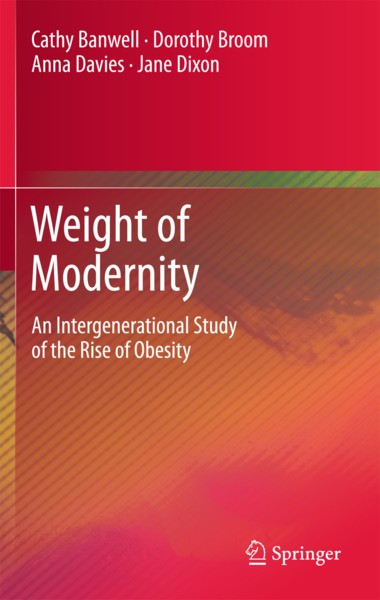

Most ebook files are in PDF format, so you can easily read them using various software such as Foxit Reader or directly on the Google Chrome browser.
Some ebook files are released by publishers in other formats such as .awz, .mobi, .epub, .fb2, etc. You may need to install specific software to read these formats on mobile/PC, such as Calibre.
Please read the tutorial at this link: https://ebookbell.com/faq
We offer FREE conversion to the popular formats you request; however, this may take some time. Therefore, right after payment, please email us, and we will try to provide the service as quickly as possible.
For some exceptional file formats or broken links (if any), please refrain from opening any disputes. Instead, email us first, and we will try to assist within a maximum of 6 hours.
EbookBell Team

4.1
80 reviewsOver a half of adults in the US, Canada, Australia and numerous European countries are now overweight or obese, a proportion that has risen sharply in the past two decades. Dominant biomedical explanations focus on the energy equation – an imbalance between energy intake and expenditure - and remedies focus on motivating individuals to restore the balance by eating better and being more active, or – in extreme cases – surgical intervention.
This book offers a perspective that sees increasing obesity as a social phenomenon as well as a public health problem. It contains detailed accounts of three generations of Australians’ experiences of changing environments and the emergence of social trends such as increasing availability of convenience foods, the individualisation and commercialisation of leisure, car reliance, and busyness. Participants' narratives are interwoven with sociological and historical analyses of changes to show how contemporary Australians are experiencing and adapting to dramatic socio-cultural and environmental changes that are reshaping their lives and, in many cases, their bodies.
The book demonstrates that obesity is an unintended consequence of economic development accompanied by profound socio-cultural changes, and by identifying the key developments the authors propose leverage points. While the research was conducted in Australia, the fundamental drivers of rapid weight gain are equally present in other modern, secular societies.